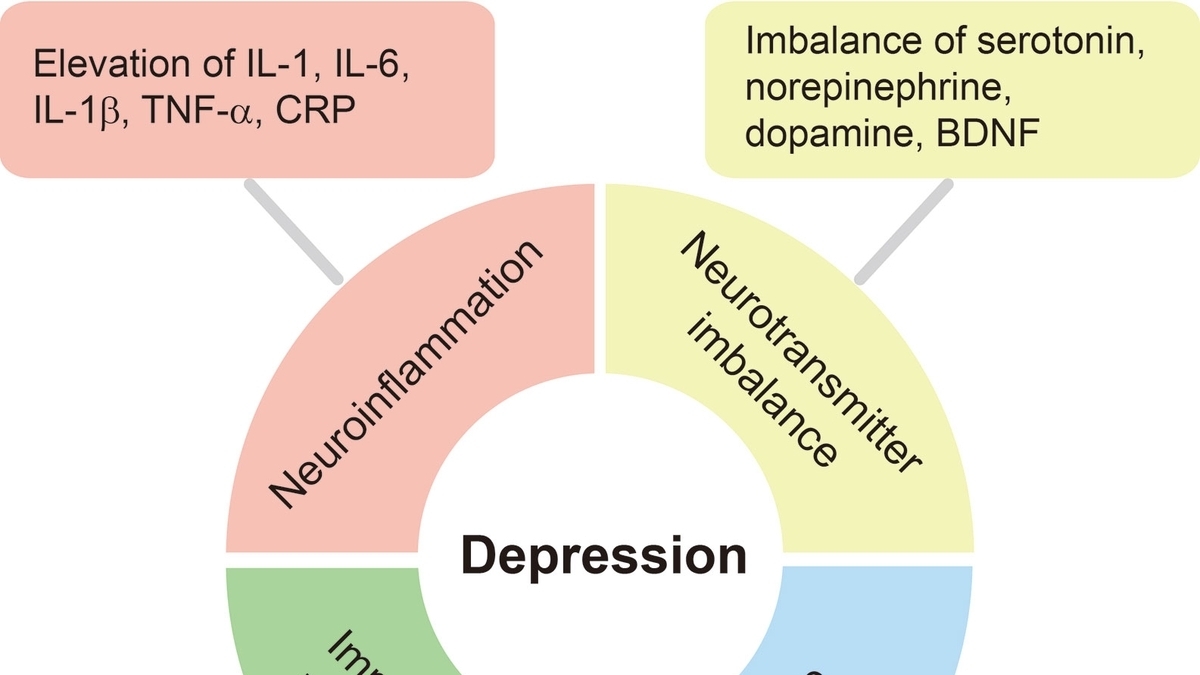
Investigating a Potential Link
A recent study has shed light on the potential mental health benefits of certain diabetes medications, known as GLP-1 receptor agonists. The study discovered that patients with diabetes who are using GLP-1 receptor agonists were less likely to be diagnosed with depression and anxiety. This finding has emerged from an analysis of over 3 million diabetic patients and nearly a million non-diabetic patients.
GLP-1 Receptor Agonists and Mental Health
On a closer look, it was found that all GLP-1 receptor agonists, except for liraglutide, were linked to a decreased risk of patients being diagnosed with depression. Furthermore, all five of these medications were associated with a reduced risk of anxiety diagnoses. This is a significant discovery, as it suggests that these medications could have a broader impact on patient health than previously understood.
Exploring the Potential Antidepressive Effects
The potential antidepressive effects of these medications might be attributed to certain biological changes they trigger that positively impact mood regulation. For instance, weight loss induced by GLP-1 medications was found to boost mood and overall outlook. This is likely due to the confidence boost patients experience from achieving their weight loss goals, which can reduce feelings of depression and enhance mental well-being.
No Clear Association with Suicidal or Self-Injurious Behaviors
Another key point to note is that separate pharmacovigilance studies based on the FDA Adverse Event Reporting System database did not find a clear association between GLP-1 receptor agonists and suicidal or self-injurious behaviors (SSIBs). Even though 204 cases of SSIBs were identified in association with GLP-1 receptor agonists, the studies concluded that these cases could not be directly linked to the use of these medications. This is especially important for providers to consider when prescribing these medications to patients with a history of neuropsychotropic drugs.
A Word of Caution
Despite these promising findings, healthcare providers are advised to monitor for these conditions and other side effects in patients on GLP-1 medications. While the research suggests these medications may have positive impacts on mental health, further studies are necessary to explore their long-term effects and the impact on various subpopulations.
GLP-1 Receptor Agonists Beyond Diabetes Management
Interestingly, GLP-1 receptor agonists are not only being considered for their impact on mental health, but also for their potential role in treating Alzheimer’s disease and Parkinson’s disease. Current studies are investigating the neuroprotective effects of these medications, which could significantly broaden their application in the field of medicine.
Conclusion
To sum up, GLP-1 receptor agonists are proving to be more than just diabetes management medications. Their association with decreased risk of depression and anxiety diagnoses offers a new perspective on their potential benefits. However, as we move forward, it is crucial to balance these potential benefits with careful monitoring for side effects and a thorough understanding of the long-term impacts. As research continues, the scope of these medications may continue to expand, offering new hope for patients with a variety of health challenges.
